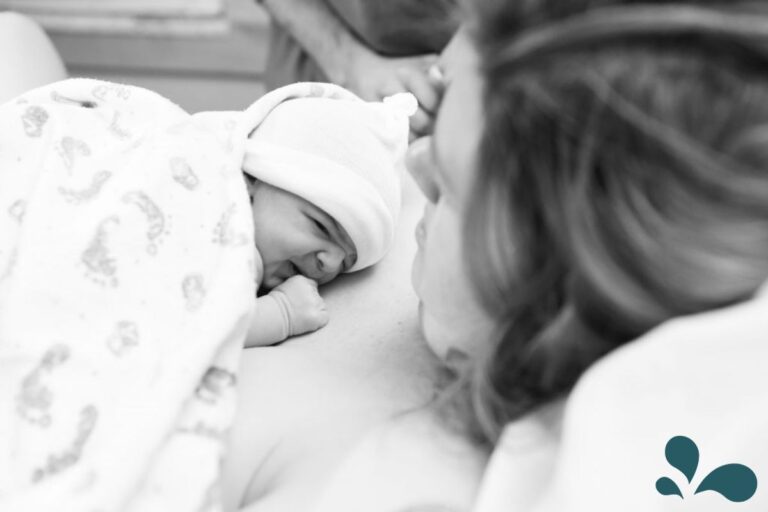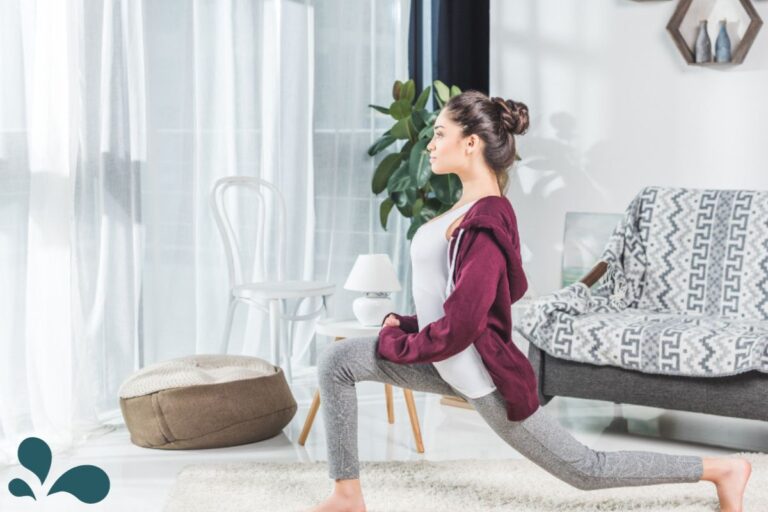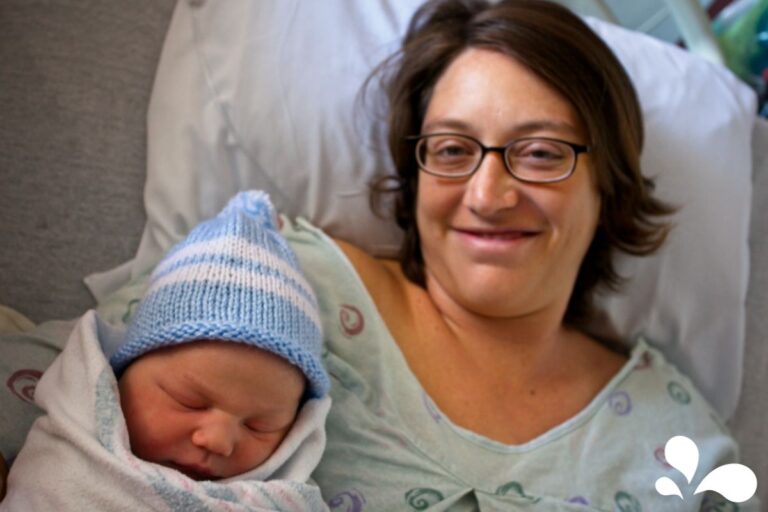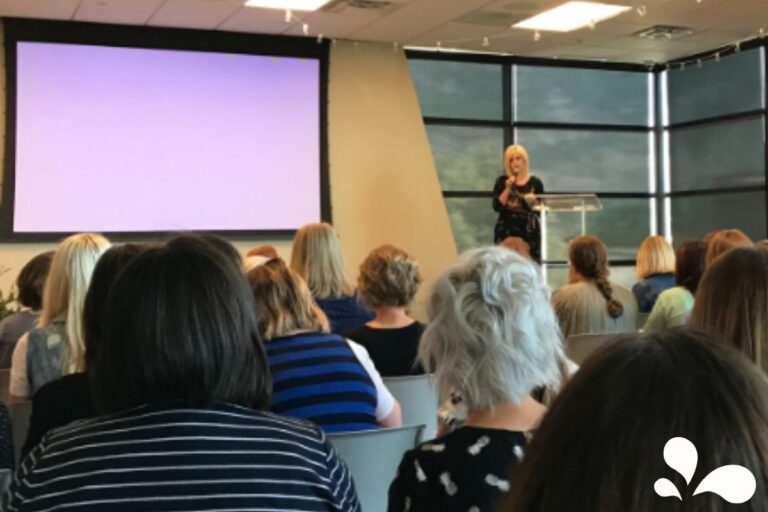We’ve shared how to help new moms and moms of multiples, but I feel like we need to share how to help a mom with Postpartum Depression. Postpartum Depression is prevalent, and with the most recent pandemic, it’s at an all-time high.
Postpartum Depression is something that I’ve personally experienced, and as an IBCLC, I’ve worked with countless moms as they experienced it. It’s not always obvious how to best help a mom facing PPD (or other PMADS), but we must do something to help these moms through what is likely one of the toughest challenges of their lives.

We turned to a community of moms and asked:
When you experienced Postpartum Depression, what was the best way someone helped or could have helped you?
Validate that mama’s emotions.
Sometimes when experiencing PPD, moms feel alone, like they are dramatic, or as if their emotions need to be minimized. Validate her feelings with phrases like, “I hear you,” “your feelings are valid,” “I’ve been through this, too” (if applicable), “many moms feel this way. You’re not alone,” or “we’ll get through this together.”
Give mama a break.
We mean this in multiple ways. Care for that struggling mom without judgment. Next, offer to show up (and do show up!) to give her a break. This means she can use that time for whatever she needs: rest, getting out, cleaning, or any form of self-care. Sometimes having a helping hand can make a considerable difference and provide mental space to process the difficult trial that she’s facing.
Make a care package.
Many women experience a lack of self when entering motherhood, but for women with PPD, this emotion can feel intensified. One mom suggested making a care package geared to who the mom was before having her baby (no postpartum or baby items). This can help her feel like she is still her own sovereign being.
Offer in-home help (but also provide alternatives).
Some moms could use the help with cooking and cleaning; however, some moms (especially moms experiencing Postpartum Anxiety) may need better boundaries, as some feel they have to play host with you in their house. Offer the help, and provide the option of support that doesn’t require you in the home. Offer meal drop-offs, your company at the park, take her out to lunch, etc. I have a post with service ideas here.

Get her out of the house.
As mentioned above, offering to meet up at the park or get lunch can be helpful to a mom experiencing PPD. Going for a walk, grabbing dessert, or even doing something mundane like grocery shopping together, can be extremely helpful. Moms with PPD can isolate themselves at home, which can make things worse. Providing a clear idea of what you can do together out of the house can help a mom break through her discomfort and isolation.
Educate yourself.
Postpartum Depression can show up with an array of symptoms. Recognize that this mama you care about needs you and that she isn’t trying to be a difficult person to be around. Learn about the symptoms and emotionally meet her exactly where she is.
Remind her of her worth.
A woman mentioned in her response a powerful phrase that all women should hear: “You are not a burden. You’re a blessing.” All mamas are blessings and need to feel that, whether they are experiencing PPD or not. Remind that mama that she is worthy of love, support, and joy.
If you’re close, offer to help her find a therapist.
Therapists are always an incredible resource; however, sometimes, the thought of finding a therapist and setting that first appointment can be overwhelming. If your friend has expressed a desire to see a therapist or thinks it’s a good idea when you bring it up, consider offering to help her find a therapist who fits her needs.
No matter what you decide is the best way to help your friend who is struggling with PPD, be a good friend. PPD doesn’t last forever, and sometimes what a mama needs to hear is that you’ll stick with her through it. Help her know that you’re there to support and love her through this.








